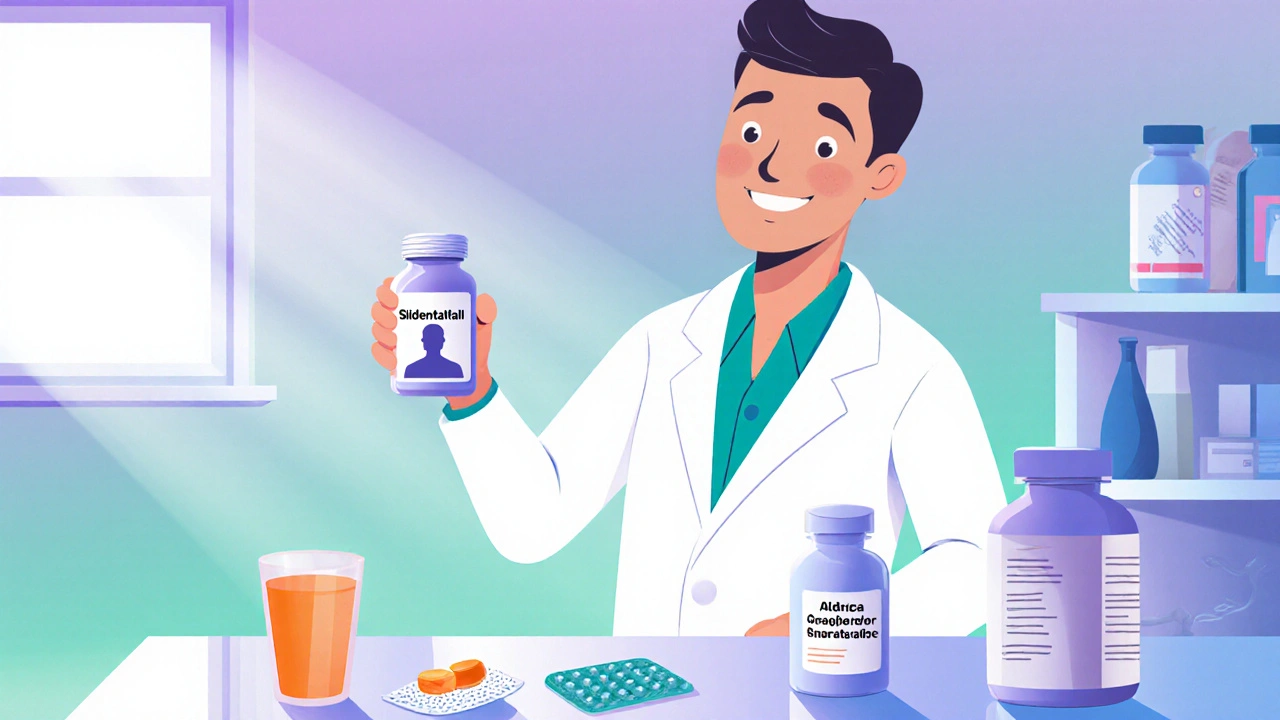
Sildenafil Safety Checker
Check Your Medication Safety
Identify potential interactions with sildenafil using this safety checker. Remember: Always consult your healthcare provider before changing medications.
Select medications above to check your safety profile
Quick Takeaways
- Sildenafil can cause dangerous drops in blood pressure when combined with nitrates or certain blood‑pressure meds.
- Strong CYP3A4 inhibitors (e.g., grapefruit juice, some antibiotics) raise sildenafil levels and increase side‑effects.
- Alpha‑blockers and certain antidepressants may cause additive hypotension; dose adjustment is often needed.
- Always tell your doctor about over‑the‑counter meds, supplements, and recreational drugs before starting sildenafil.
- Monitoring timing, dosage, and medical guidance keeps the benefits while avoiding serious interactions.
When you hear Sildenafil is a phosphodiesterase type 5 (PDE5) inhibitor used to treat erectile dysfunction and pulmonary arterial hypertension, you probably think of its benefits. Sildenafil also carries a list of drug interactions that can turn a routine prescription into a safety risk. This guide walks you through the most common interacting drugs, why the chemistry matters, and practical steps to stay safe.
How Sildenafil Works (and Why Interactions Happen)
Sildenafil blocks the enzyme Phosphodiesterase type 5 (PDE5) which normally breaks down cyclic guanosine monophosphate (cGMP) in smooth muscle cells. By stopping PDE5, cGMP accumulates, relaxing blood vessels in the penis and lungs, which improves blood flow. Because the drug’s effect hinges on vascular relaxation, anything that also lowers blood pressure or changes how quickly sildenafil is broken down can amplify or blunt its action.
Drug Classes That Interact With Sildenafil
Below are the major groups that clinicians watch closely.
- Nitrates medications such as nitroglycerin, isosorbide mononitrate, and isosorbide dinitrate used for chest pain and heart conditions. Co‑administration can cause a sudden, severe drop in blood pressure.
- Alpha‑blockers drugs like doxazosin, prazosin, and tamsulosin prescribed for hypertension or prostate enlargement. They also relax blood vessels, so combined use may lead to symptomatic hypotension.
- CYP3A4 inhibitors substances that block the liver enzyme responsible for metabolizing sildenafil, including certain antibiotics (e.g., erythromycin), antifungals (e.g., ketoconazole), and grapefruit juice. Levels of sildenafil rise, heightening the risk of headache, flushing, and visual disturbances.
- Blood‑pressure medications such as ACE inhibitors, ARBs, and beta‑blockers that already lower systemic pressure. Adding sildenafil may push pressure too low, especially in frail patients.
- Selective serotonin reuptake inhibitors (SSRIs) common antidepressants like fluoxetine and sertraline that can affect platelet function and vascular tone. The interaction is usually modest but can increase dizziness.
- Illicit drugs recreational substances such as cocaine, methamphetamine, and recreational nitrates (poppers). They can cause erratic blood‑pressure spikes or crashes when mixed with sildenafil.
Interaction Severity at a Glance
| Drug / Class | Interaction Mechanism | Clinical Severity | Typical Management |
|---|---|---|---|
| Nitrates | Additive vasodilation | Severe (risk of life‑threatening hypotension) | Absolute contraindication; avoid co‑administration. |
| Alpha‑blockers | Combined smooth‑muscle relaxation | Moderate‑to‑Severe (symptomatic low BP) | Start sildenafil at low dose, monitor BP, space dosing. |
| CYP3A4 inhibitors (e.g., ketoconazole) | Reduced hepatic clearance | Moderate (higher plasma levels) | Reduce sildenafil dose by 50 % or avoid strong inhibitors. |
| Blood‑pressure meds (ACE‑I, ARBs) | Parallel BP‑lowering effect | Moderate (possible dizziness) | Adjust timing; check BP before and after dose. |
| SSRIs | Platelet aggregation changes | Mild‑to‑Moderate (dizziness, headache) | Educate patient; no dose change usually needed. |
| Illicit drugs (cocaine, poppers) | Unpredictable vascular effects | Severe (risk of cardiac events) | Avoid use; counsel on dangerous combination. |
Practical Steps to Manage Interactions
- Compile a full medication list. Include prescription drugs, OTC products, herbal supplements, and any recreational substances.
- Check timing. Some interactions are dose‑timing dependent (e.g., avoid taking sildenafil within 24 hours of a strong CYP3A4 inhibitor).
- Start low, go slow. If you’re on an alpha‑blocker or blood‑pressure med, begin with the lowest sildenafil dose (25 mg) and monitor how you feel.
- Monitor blood pressure. Take a reading before the first dose and again one hour after; if systolic drops below 90 mmHg, stop and call a clinician.
- Ask your pharmacist. They can flag hidden interactions like certain antifungals or over‑the‑counter cough medicines.
- Report side‑effects promptly. Sudden vision changes, chest pain, or fainting require immediate medical attention.
Real‑World Scenarios
Scenario 1 - Nitrate surprise: A 58‑year‑old man with angina took his nitroglycerin patch in the morning and later that day tried sildenafil for the first time. Within minutes he felt light‑headed, vision blurred, and his BP fell to 78/48 mmHg. He was rushed to the ER, where doctors administered IV fluids and stopped both drugs. This case illustrates why nitrates and sildenafil are an absolute no‑no.
Scenario 2 - Grapefruit trap: A 42‑year‑old woman was prescribed a 100 mg nightly dose of sildenafil. She also loved grapefruit juice at breakfast. After two weeks she experienced intense facial flushing and a persistent headache. Blood tests showed sildenafil levels 2‑3× higher than expected. The fix? Swap grapefruit for orange juice and halve the sildenafil dose.
Scenario 3 - Alpha‑blocker combo: A 70‑year‑old patient with benign prostatic hyperplasia was on tamsulosin 0.4 mg daily. He added sildenafil 50 mg for occasional use. He reported a mild dizziness that resolved after taking the sildenafil at bedtime instead of the morning, allowing his body to adjust to the combined vasodilatory effect.
When to Seek Professional Help
If you notice any of the following after taking sildenafil, call your doctor or go to the nearest emergency department:
- Chest pain or pressure.
- Sudden loss of vision or a blue‑green tint.
- Severe headache that doesn’t ease with over‑the‑counter painkillers.
- Dizziness accompanied by fainting or a feeling of falling.
- Prolonged erection lasting more than four hours (priapism).
Key Takeaway
Understanding how sildenafil interacts with other medicines empowers you to enjoy its benefits without endangering your health. Keep an up‑to‑date medication list, talk openly with your healthcare team, and respect the timing and dosage guidelines.
Can I take sildenafil with blood‑pressure pills?
Yes, but you should start with a low sildenafil dose and monitor your blood pressure. Some antihypertensives can add to the blood‑pressure‑lowering effect, so spacing the doses or adjusting the medication may be necessary. Always discuss with your doctor before combining them.
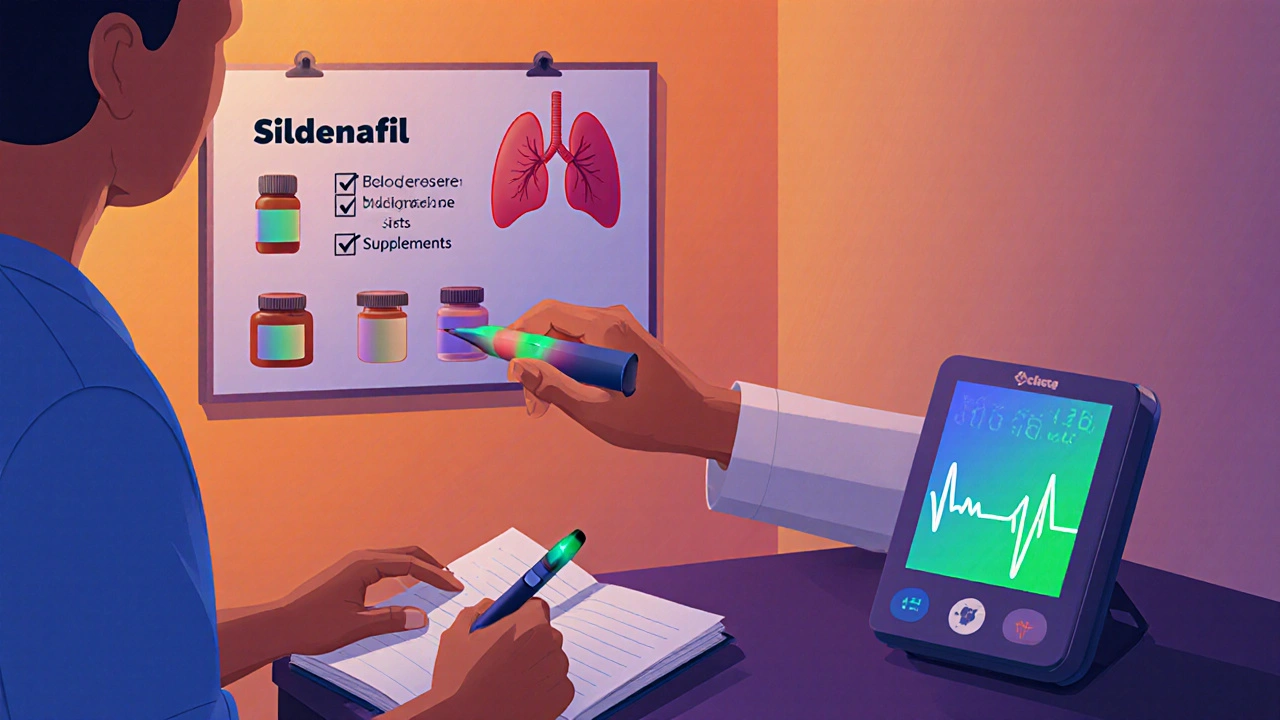
Is it safe to drink grapefruit juice while on sildenafil?
No. Grapefruit juice is a strong CYP3A4 inhibitor and can raise sildenafil levels, increasing the risk of side‑effects such as severe headache, flushing, or low blood pressure. Choose a different fruit juice or avoid grapefruit altogether while taking sildenafil.
Do nitrates and sildenafil ever have a safe waiting period?
No safe interval exists. Nitrates and sildenafil should never be used together because the combined vasodilation can cause life‑threatening hypotension. If you need both medications, your doctor must switch you to a non‑nitrate alternative for chest pain.
Can antibiotics like erythromycin affect sildenafil?
Yes. Erythromycin is a moderate CYP3A4 inhibitor; it can increase sildenafil concentrations. Doctors usually recommend reducing the sildenafil dose by half or choosing an antibiotic that does not inhibit CYP3A4.
What should I do if I experience a prolonged erection?
A painful erection lasting longer than four hours is a medical emergency called priapism. Go to the nearest emergency department or call emergency services immediately. Prompt treatment can prevent permanent damage.


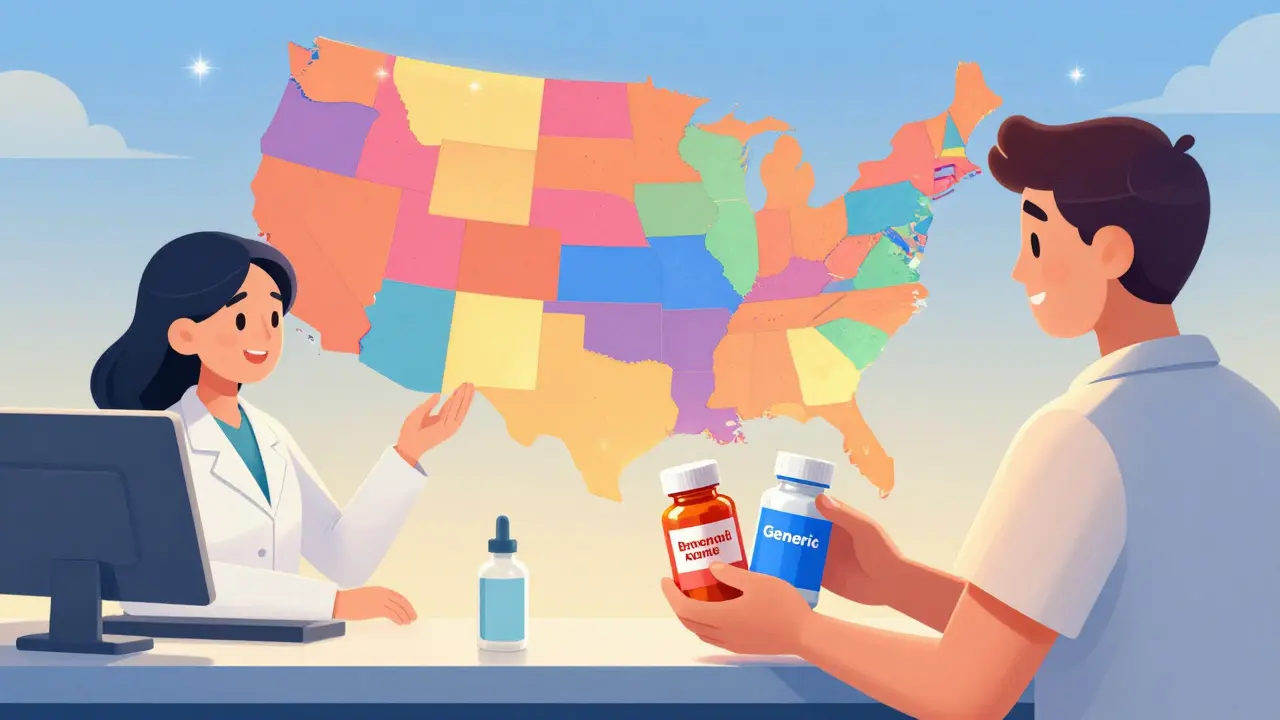
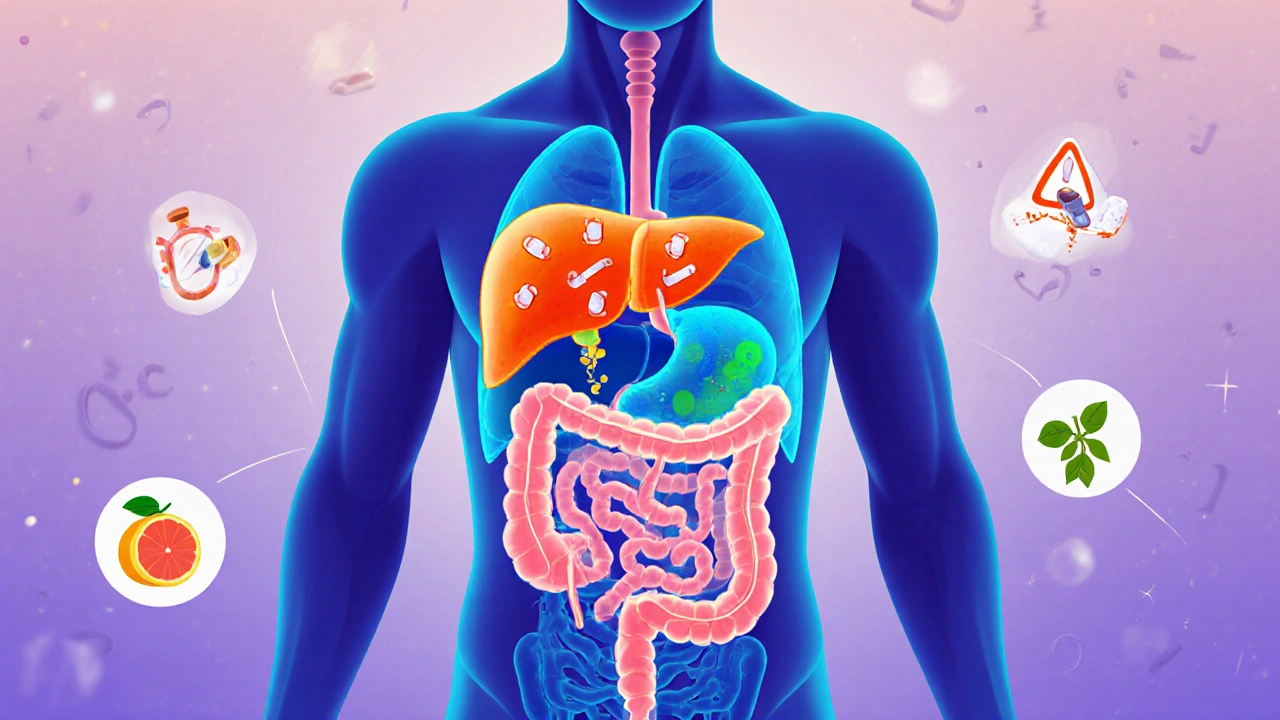

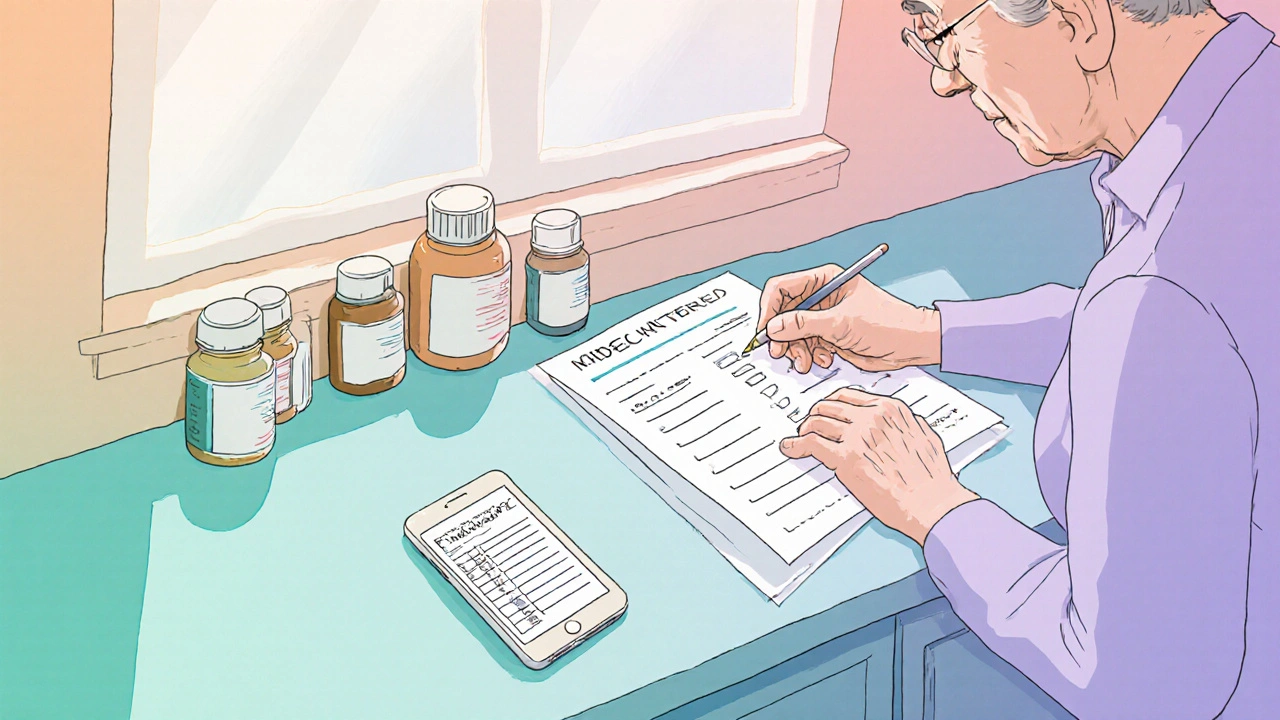
Tristram Torres
October 23, 2025 AT 15:43You’re all ignoring the fact that most people never read the fine print on these meds.
Simon Waters
October 28, 2025 AT 05:50Big pharma hides the real danger of mixing Viagra with nitrates to keep you dependent on their pills.
Vikas Kumar
November 1, 2025 AT 20:57Our Indian doctors should not be forced to follow western drug guidelines that ignore our own health priorities. The drug interaction tables are written by people who never see our patients. We deserve advice that respects our culture.
Celeste Flynn
November 6, 2025 AT 12:03Check your blood pressure before and after taking any dose it’s a simple step that can catch dangerous drops especially if you’re also on antihypertensives.
Shan Reddy
November 11, 2025 AT 03:10Just make sure you space out your meds – take the nitrate in the morning and keep sildenafil for the evening to avoid that nasty dip.
CASEY PERRY
November 15, 2025 AT 18:17Temporal segregation of vasodilators mitigates synergistic hypotensive risk via pharmacokinetic decoupling.
Naomi Shimberg
November 20, 2025 AT 09:23While the prevailing consensus emphasizes caution, one could argue that the theoretical risk of hypotension is overstated in the absence of robust phase‑IV data.
kenny lastimosa
November 25, 2025 AT 00:30Perhaps the true measure of safety lies not in isolated metrics but in the holistic balance of individual physiology and contextual factors.
Kajal Gupta
November 29, 2025 AT 15:37Yo, that grapefruit juice thing is a sneaky prank your body plays on you – swap it for orange and you’ll dodge the fireworks.
Zachary Blackwell
December 4, 2025 AT 06:43Don’t be fooled – the citrus industry colludes with pharmaceutical lobbyists to keep us guessing about hidden interactions.
prithi mallick
December 8, 2025 AT 21:50Hey dear, i totally get how confusing all these med lists can be, just take a deep breth and maybe write everything down in a notebook, it will help u keep track.
Michaela Dixon
December 13, 2025 AT 12:57Sildenafil works by relaxing smooth muscle in blood vessels.
When you mix it with nitrates the vessels relax too much.
This can cause a sudden drop in blood pressure.
The brain may think you are fainting and you can lose consciousness.
That is why doctors say never to use them together.
Grapefruit juice blocks an enzyme that clears the drug.
The result is higher levels of sildenafil in your bloodstream.
Higher levels mean more side effects like headache and flushing.
Some antibiotics also act on the same enzyme and need dose adjustments.
Alpha blockers used for prostate issues also lower blood pressure.
Taking sildenafil with them can make you feel dizzy after a meal.
Even over‑the‑counter cold medicines can have hidden interactions.
A simple way to stay safe is to keep a list of everything you take.
Check that list with your pharmacist before starting a new prescription.
Monitoring your blood pressure before and after each dose gives you real‑time feedback.
Dante Russello
December 18, 2025 AT 04:03Excellent summary! Remember, keeping a medication diary, consulting your pharmacist, and regularly measuring blood pressure are key steps, and don’t hesitate to discuss any concerns with your clinician, because proactive communication can prevent complications.